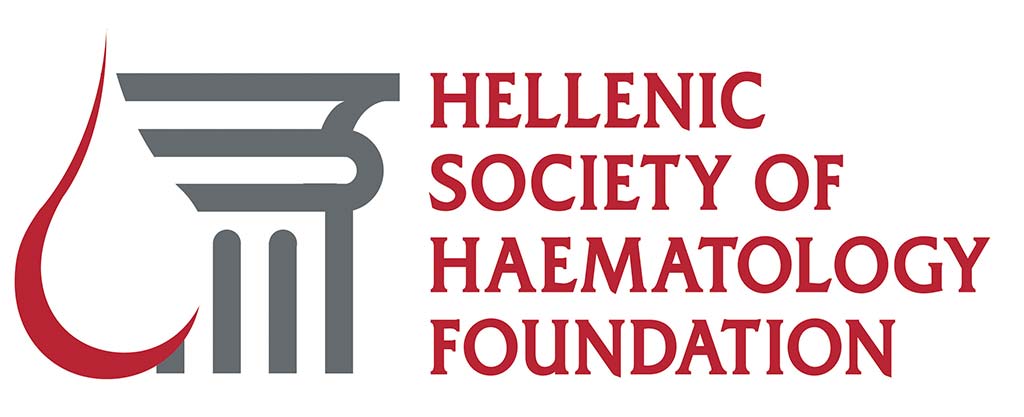The HSHF Contribution to Voluntary Blood Donation
The HSHF focuses its efforts on two key areas:
- Raising public awareness about the importance of voluntary blood donation, both generally and specifically for patients with hematological diseases.
- Supporting and developing public infrastructure to ensure self-sufficiency of the country in blood and blood products, enabling safe and uninterrupted transfusions for all patients in need.
The shortage of blood and blood products is morally unacceptable. However, achieving self-sufficiency in blood and blood products minimizes the risks of transmissible infections.
About Volunteering
Volunteering is the practice of people working on behalf of others without being motivated by financial or material gain. Volunteering is generally considered an altruistic activity, which aims to improve people’s quality of life. Wikipedia (http://eu.wikipedia.org/wiki/volunteering)
Volunteering, when embraced as a way of life, serves as an antidote to individualism, social isolation, and hypocrisy.
A true Volunteer respects diversity, understands the needs of others regardless of color, gender, race or religion and seeks to help selflessly.
The necessity and importance of volunteering have been recognized by official healthcare organizations, including the Council of Europe and the World Health Organization (WHO) etc.
The necessity and importance of volunteering have been recognized by official healthcare organizations, including the Council of Europe and the World Health Organization (WHO) etc.
“The Volunteer …. offers themselves willingly” was defined by the International Committee of the Red Cross on healthcare over fifty years ago. (Guide on red Cross Volunteer Service: The League of Red Cross Societes Geneva 1952:5.)
Despite occasional criticism, volunteering remains a recognized and fundamental practice. The Committee of Ministers of the Council of Europe has officially acknowledged and institutionalized its significance (Council of Europe – Committee of Ministers: Recommendation No R (85) 9 of the Committee of Ministers to Member States of Voluntary work in Social Welfare Activities: 1/1, A:4).
The Importance of Voluntary Blood Donation
Blood Donation is one of the purest and most sacred expressions of volunteering. It serves as a training ground for volunteers, and “volunteering in healthcare represents a hope for the future”(Barondess, J.A. 1983: Voluntary Clinical Faculty, The Hope of the Future? Arch. Intern Med. Vol. 143: 338-340).
Many arguments support the value of volunteering, but we will highlight one: “Volunteers are a valuable human resource that must not be left untapped” (Archives of Internal Medicine). Therefore, voluntary work is a crucial element towards an improved quality of life.
We believe that the presence of the Voluntary non remunerated blood Donors is essential as the blood donation sector works tirelessly to engage the public and secure its support. Blood Donation is based on human compassion, on the individuals who voluntarily give blood without expecting compensation.
If we accept that quality of life is a dynamic concept based on constant personal value change, then Voluntary Blood Donation marks a significant milestone in one’s journey. It embodies the principle of solidarity, integrating into the broader framework that involves all interested members of the Greek society, such as Recipients, Scientific community, Voluntary non remunerated blood Donors.
Voluntary non remunerated blood donors, tissue donors or organ donors are the most socially conscious citizens. Having cultivated altruist behavior social sensitivity, they not only offer life to those in need, but also protect the most valuable good- life itself.
The greater the awareness and sense of responsibility a Voluntary non remunerated blood donor has, the more consistent their contribution to society will be. The entire blood donation system aims to ensure the best possible safety for recipient (those in need of transfusion), while simultaneously protecting the health of the blood donor.
Many of our fellow human beings need of blood every day (accidents, etc.). The transfusion of blood products is a vital therapeutic tool for many medical conditions.
Blood CANNOT be manufactured– there is NO artificial blood. Blood is a LIVING tissue with a limited lifespan. Without continuous replenishment of blood bank supplies through systematic voluntary blood donation, sufficiency—and even more so, self-sufficiency—cannot be achieved. Blood donations in time of need DO NOT solve the problem.
In Voluntary Blood Donation, there are no discriminations between people. Voluntary blood donors offer an invaluable gift of life to anyone in need.
Voluntary Blood Donation is a tangible message OF LIFE and SOLIDARITY.
Characteristics of a Voluntary Blood Donor
Who is the Voluntary non-remunerated blood Donor in short?
- A person with heightened social awareness and responsibility
- Someone who quietly and consistently donates blood for the benefit of unknown patients.
- An individual who cherishes life and humanity.
- A participant in social reality, actively contributing to community welfare.
- A key contributor to the national effort for blood self-sufficiency
- A person who finds fulfillment through their altruistic contribution.
General information About Hellenic National Blood Transfusion Center (E.KE.A)
The Hellenic National Blood Transfusion Center (E.KE.A) is a public legal entity under the Ministry of Health and Social Solidarity. It was established in 2005 (Law 3402/2005) aiming the development and promotion of the national blood donation system.
Its responsibilities include the central planning and coordination of all blood donation services in Greece, overseeing quality control, supervision, and staff training to ensure the adequacy and safety of blood and blood products. This is achieved by finding and collecting blood from voluntary non remunerated blood donors and implementing proper procedures for their screening, storage, processing and distribution.
Let’s not forget:
Voluntary blood donation is an expression of faith and love for humanity. It is an act of solidarity and support for human needs, free from discrimination and hesitation, embodying the true essence of volunteering.
